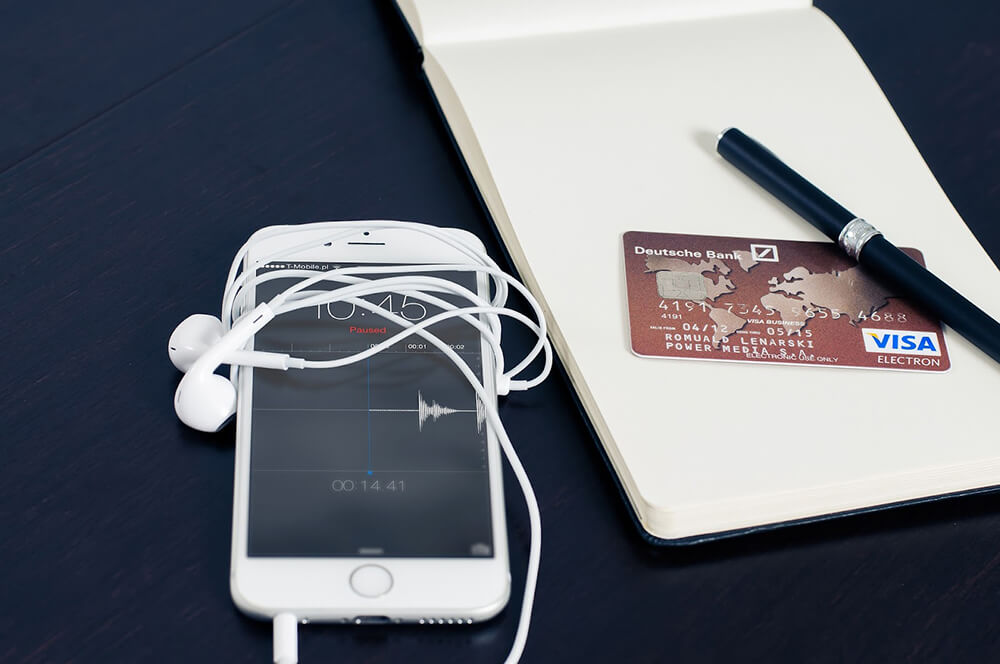
How Much Will Lowering My Credit Utilization Raise My Score?
One important factor to consider if you are trying to improve your credit score is credit utilization. This term refers to the share of your overall available credit that is currently being borrowed. Its importance is due to its effect on your credit score. As a result, your credit utilization can impact your loan application’s success and the interest you pay if the loan is approved.
Many borrowers and loan applicants ask themselves: how much will lowering my credit utilization raise my score? This article will help you answer this question in delt and outline the best strategies to reduce your credit utilization.
What Is Credit Utilization?
The formula you need to calculate credit utilization is quite simple. Here it is:

A real-life example can help you grasp this concept better. Let’s imagine you have two different credit cards:
- Credit Card A, with a credit line of $8,000 and an outstanding balance of $2,200
- Credit Card B, with a credit line of $5,000 and an outstanding balance of $900
So, the sum of your available credit is $8,000, and your current outstanding debt is $2,900.
Now let’s use the previous formula to calculate your credit utilization:

This means that you are currently using 23.85% of your overall available credit while the remaining 76.15% is still available for borrowing. You can easily calculate this value using a standard calculator or free online tools.
Why Is Credit Utilization So Important?
Many factors play a role in determining your credit score. According to CNBC, credit utilization is the second most important element used by credit agencies like FICO in determining a borrower’s score, the first being your payment history.
All other factors being equal, the lower your credit utilization rate, the higher your credit score. In turn, this increases the chances of your loan application being approved and your borrowing cost being low.
Your credit score is particularly important if you want to apply for unsecured loans, as they don’t require collateral.
How Do Credit Agencies Know My Outstanding Balances?
Your outstanding balance changes as you use your available credit line to buy products or pay your bills and as you pay off your debt. Your lenders will regularly report this balance to credit bureaus like Experian®, Equifax®, or TransUnion®, which then use the FICO formula to determine your credit score.
Does Transferring My Balance Reduce My Credit Utilization?
Balance transfers won’t affect your credit utilization (and thus your credit score) as the formula looks at your overall outstanding debt across all credit cards. The exception is when you use your balance transfer credit card to pay back your debt faster (or lower the current interest you pay). We will explore this method later.
Does the Number of Credit Cards Affect my Credit Utilization?
Your credit utilization can also increase due to a decrease in your overall credit line. This could be the case of closing a credit card or your provider lowering the maximum amount you can borrow each month.
It also means you can increase your credit utilization by applying for AND obtaining additional credit cards. However, this may negatively affect your FICO score through other factors (e.g., increased credit inquiries and new debt).
What is the Impact of Lowering My Credit Utilization on My Credit Score?
In general terms, the closer your credit utilization is to zero, the more your FICO score will benefit as a consequence. Of course, there’s little point in having a credit card if you barely use it.
One golden rule you often hear around is to keep your credit utilization below the 30% threshold. Yet some experts suggest that it may not be enough if you want to significantly improve your credit score and get access to the best loans. A 2019 article published on CNBC suggests that any credit utilization above 5% may have an adverse impact on your credit score.
However, a report from FICO itself provides the most interesting insight. The study looks at the so-called high achievers, borrowers whose score is above 750 and who are more likely to snatch the best loan offers. Here are the findings of this investigation.
- Overall, high achievers keep their credit utilization rate below 10% on average.
- The youngest high achievers keep their credit utilization rate below 12% on average.
Maintaining your credit utilization below these percentages is probably the best goal you can set if you want to see your credit score improve significantly.
What about the Other Factors?
It must be clear that the effectiveness of lowering your credit utilization on your credit score also depends on how well you perform under the other criteria. If you have recently missed debt payments, lowering your credit utilization will have a lighter impact on your score than if your payment record is pristine.
In general, you should always try to:
- keep your credit utilization low
- avoid missing payment deadlines
- avoid applying for new loans or credit cards too often
- increase your credit history’s length
Which Are The Best Ways to Lower My Credit Utilization?
As with every ratio, you can either lower it by decreasing the numerator (your total outstanding debt) or by increasing the denominator (the sum of your available credit). Let’s have a look at some strategies you can use to obtain these desired effects.
Pay Your Balance Before the Closing Date of Your Account Statement
As we said earlier, your lender will report your outstanding debt to credit bureaus at specific dates. Asking your credit card providers to tell you these dates and paying your balance before reporting can help you lower your credit utilization.
Use a Debit Card More Often
If you are currently in no position to pay your monthly balance, consider reducing the number of payments you make with your credit card and using your debit card instead. If some of the expenses are not essential (e.g., an online streaming subscription or frequent nights out), you can cut them (totally or partially) until your credit score recovers.
Apply for a Balance Transfer Credit Card to Repay Your Debt Quicker
While transferring your balance to another credit card won’t affect your credit utilization, a balance transfer credit card can help you repay your outstanding debt faster. That’s because these cards usually have an introductory period during which you will not pay any interest. This allows you to focus on repaying the principal as fast as you can. Taking advantage of this introductory period can have numerous positive effects on your debt situation, including lowering your credit utilization.
Consolidate Your Credit Card Debt With a Personal Loan
An alternative to using a balance transfer credit card is taking out a personal loan to consolidate your current credit card debt. Personal loans tend to have a lower borrowing cost than credit cards, meaning you will accumulate less debt and will pay it back faster.
Online providers like Level Lending offer personal loans at very favorable conditions as well as a fast and easy online application process.
Ask Your Provider for an Increase in Your Credit Limit
Finally, increasing your credit limit (and therefore your overall available credit) can lower your credit utilization by reducing the denominator in the formula. This is a much better option than applying for an additional credit card, which will trigger a credit inquiry and adversely impact your credit score.







Sorry, the comment form is closed at this time.